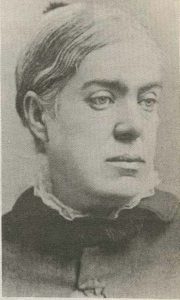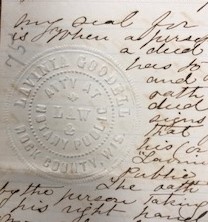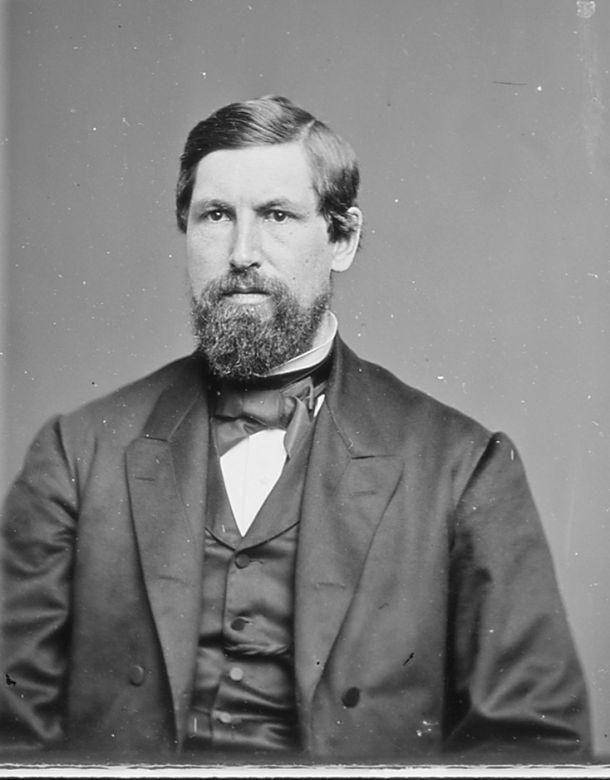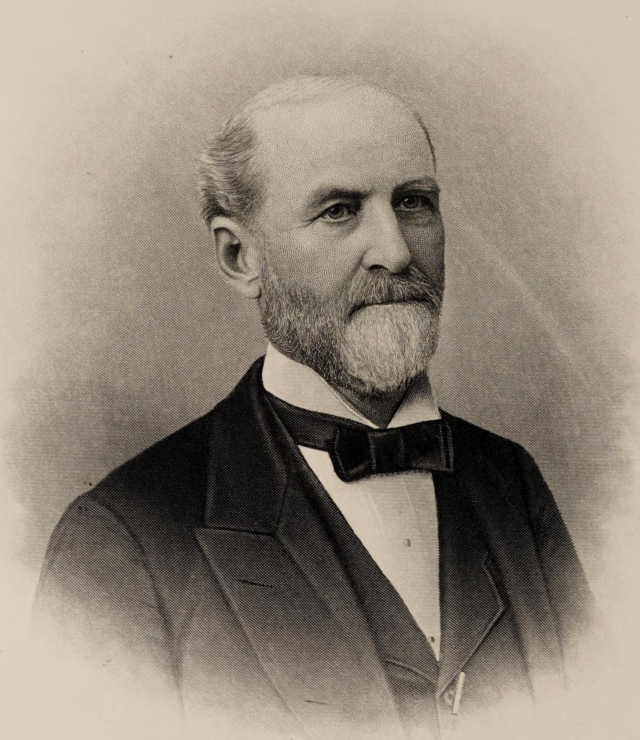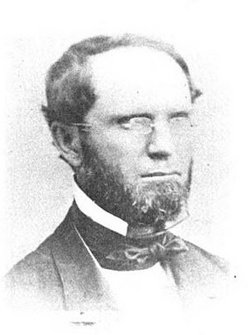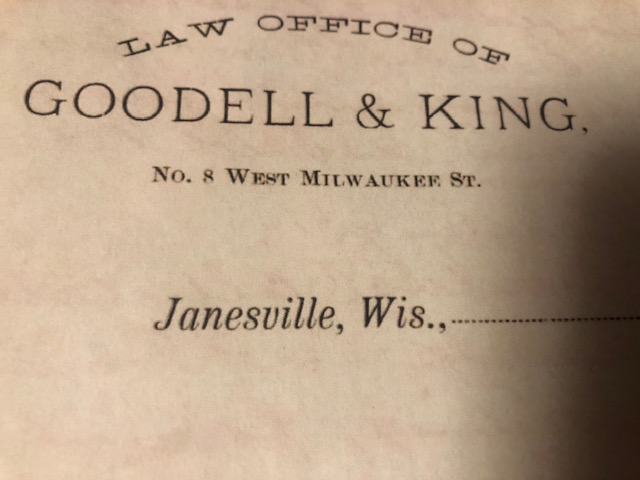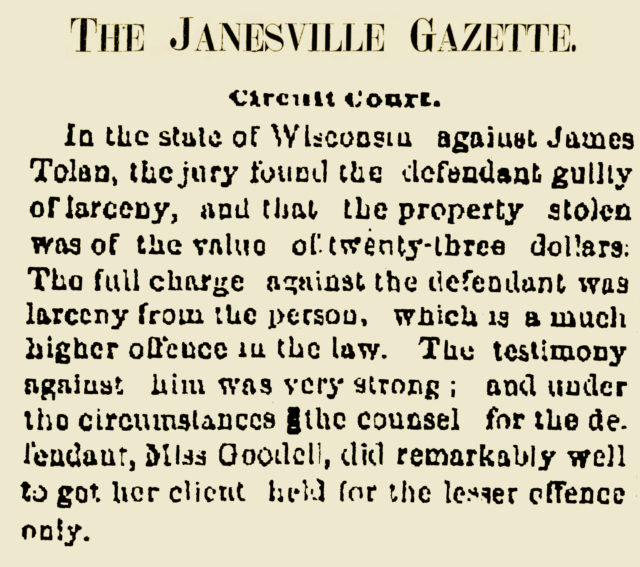“Went down street. Got my business cards.”
Lavinia Goodell, June 18, 1874
The William Goodell Family papers, housed in the Special Collections and Archives at Berea College in Berea, Kentucky, contain hundreds of letters written or received by Lavinia Goodell, starting from her teenage years in the 1850s and continuing until her death in 1880. In addition, the papers include scores of letters to and from other family members, some of which mention Lavinia. A recent visit to Berea College turned up an exciting – and never before seen – find: a business card that Lavinia had printed just days after her admission to the bar in June 1874.
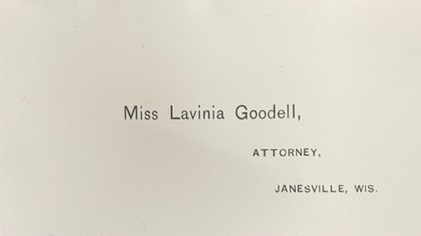
After passing a rigorous examination in the early evening of June 17, 1874, Lavinia was eager to begin practicing law. Her diary entry for the next day reads, “After tea went down street, got mail and called at Gazette office to get cards printed.” She picked up her business cards three days later.
Continue reading →